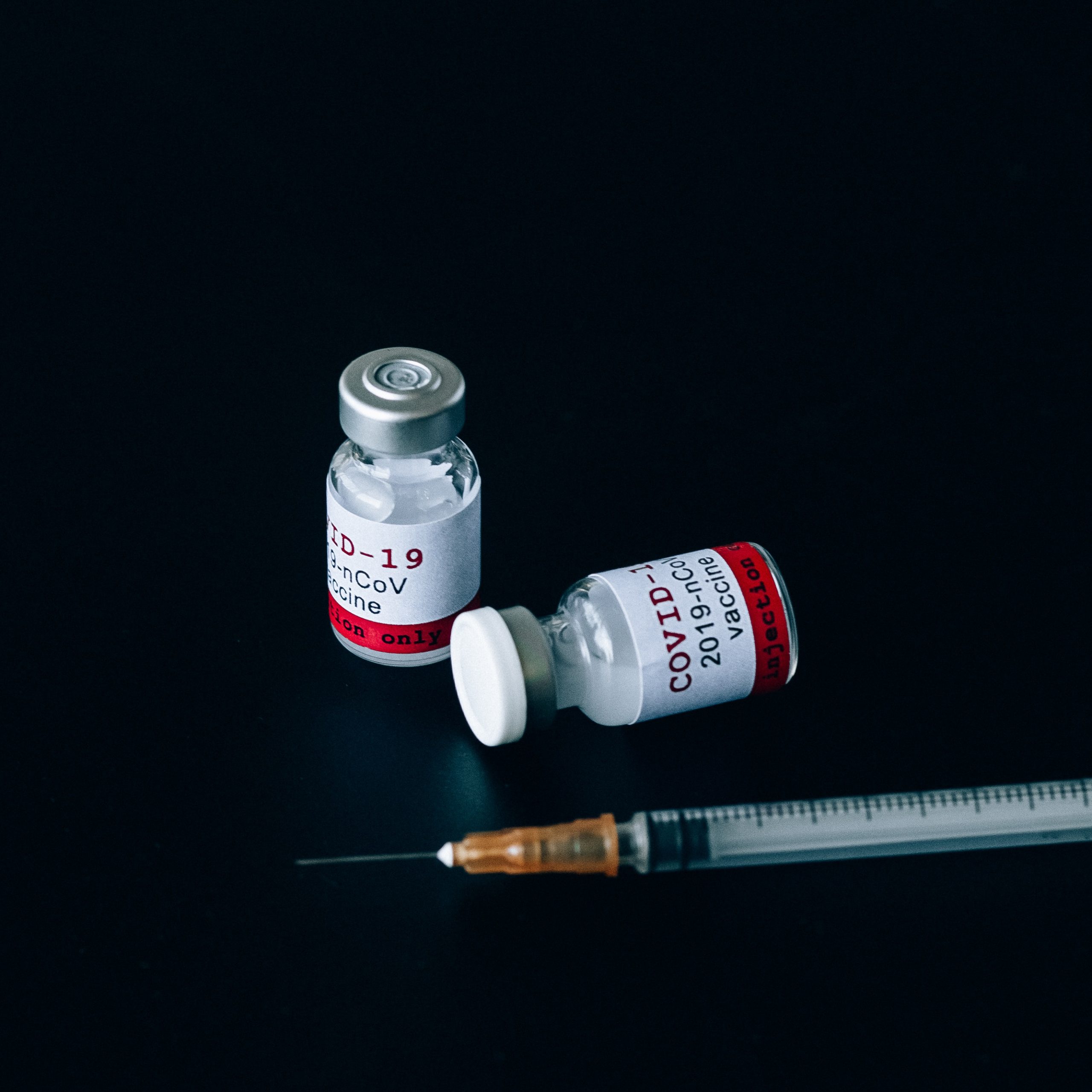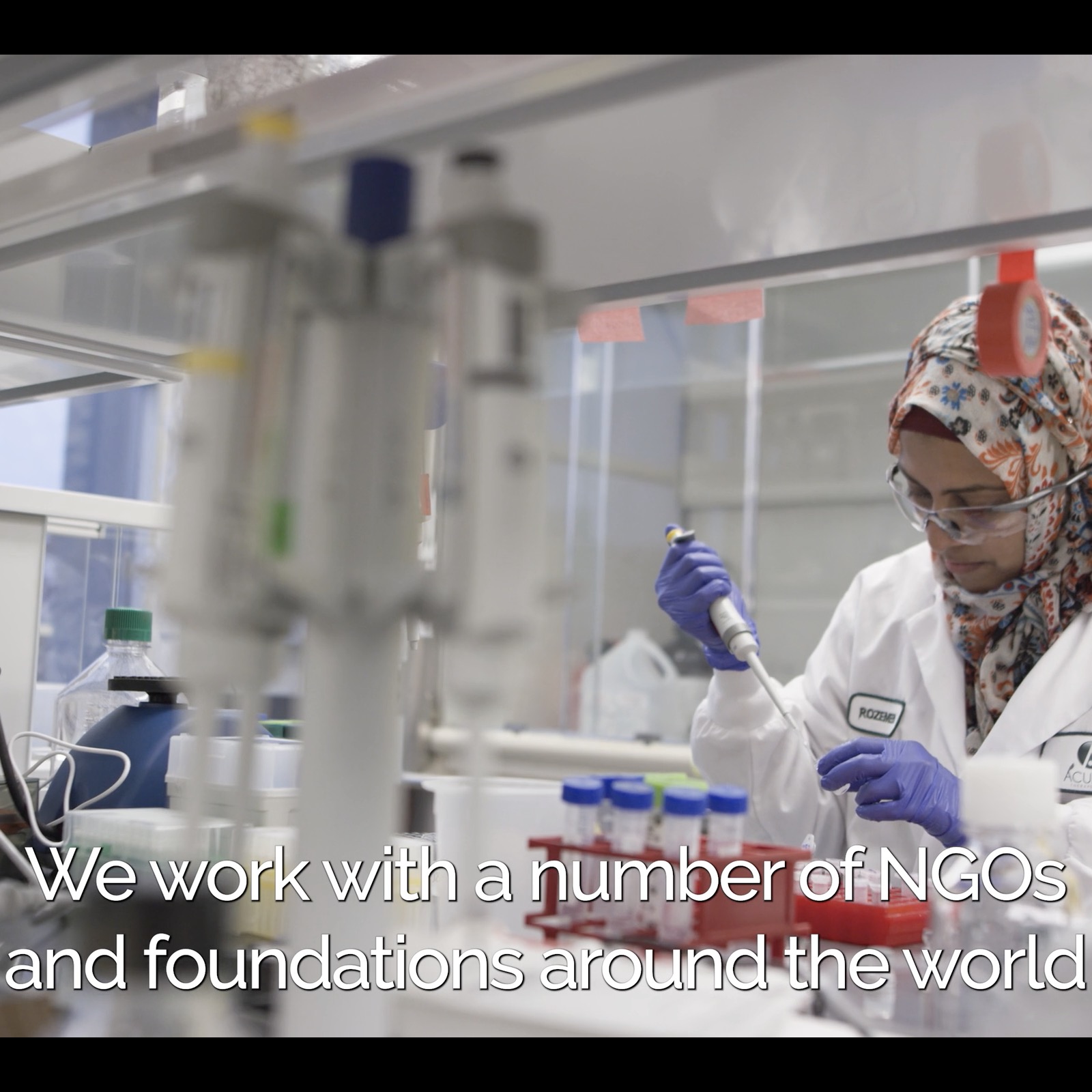
COVID-19 Vaccine Efficacy
The world took a big step forward in the fight to eradicate the global pandemic this month (December 2020) as the UK, Canada and the United States all authorized the BioNTech/Pfizer COVID-19 vaccine for emergency use. This vaccine uses our lipid nanoparticle delivery system. We also expect that the Moderna vaccine will be approved shortly. The immunization process has begun in these countries, and that is a huge milestone and a big win against this devastating virus.
In many ways, it is a miracle that a vaccine for COVID-19 has become available this quickly. It is important to see this with some context though – it is the result of having many of the brightest minds in the world focusing on nothing else since early 2020. The vaccine development was done in an accelerated timeframe, that is for certain, but no shortcuts were taken in the vaccine development or in granting emergency use authorization.
The BioNTech/Pfizer vaccine and several others currently being developed are classified as messenger RNA (mRNA) vaccines. This is a new class of drug. The mRNA technology codes for a protein – in this case a protein present in the novel coronavirus. The vaccines work by allowing the human immune system to recognize this protein so that the immune system can prevent the virus from infecting our cells and causing disease. A major advantage of mRNA vaccines over conventional vaccines is that they can be developed more rapidly in response to a new virus. This is how this vaccine was created so quickly.
It is always important to arm yourself with knowledge and understanding of the safety and efficacy of vaccines, and the BioNTech/Pfizer vaccine is no exception. Below are highlights from their Phase 3 Trial.
- Data from 43,448 participants, half of whom received BNT162b2 and half of whom received placebo, showed that the vaccine candidate was well tolerated and demonstrated 95% efficacy in preventing COVID-19 in those without prior infection 7 days or more after the second dose.
- Vaccine efficacy observed in the overall study population was also generally consistent across subgroups defined by age, gender, race, ethnicity, baseline body mass index (BMI) or presence of other underlying co-morbidities.
- Partial protection from the vaccine candidate appears to begin as early as 12 days after the first dose.
- This data was included in the requests for regulatory authorization submitted to regulatory agencies across the globe, including the U.S. Food and Drug Administration and the European Medicines Agency.
You can see more information on the data results here.
Facts matter and there is a lot of misinformation out there about the vaccines. We have gathered several resources that provide informative and credible answers to the questions that many have. They are worth a read:




